The Continuum of Academic and Career Guidance Content (ACGC – COSP)
Since 2017, the Ministry of Education (MEQ) has made Academic and Career Guidance Content (ACGC-COSP) compulsory for all students from Grade 5 of elementary school to Secondary 5. These are learning activities on key guidance themes or concepts, designed to accompany students in a structured and concerted effort, supporting, guiding and equipping them as they reflect on themselves and their role in preparing for their futures. ACGC-COSP educational activities are delivered to students through the various subjects taught, and help to awaken students’ sense of direction, while complementing various initiatives already in place in the schools, notably the professional services offered by guidance counsellors.
They are presented in an ACGC-COSP continuum divided into three orientations: self-knowledge, knowledge of the school world and knowledge of the world of work. Although the ACGC-COSP are the same for all students, the lessons learned by each student may differ and be adjusted according to his or her needs and abilities.
Some students may experience challenges on various levels, but they generally have the same needs as other students in their age group in terms of orientation: They are preoccupied with who they are and what they aregoing to do in the future. That’s why all students, including those that demonstrate special needs, will be exposed to ACGC-COSP during their school career, since they also have basic needs in terms of educationaland vocational guidance.
